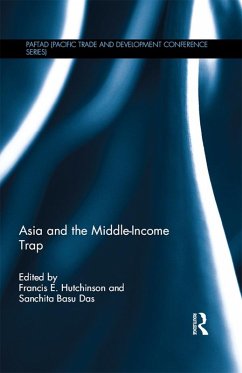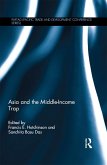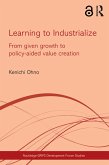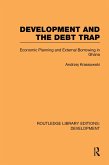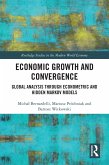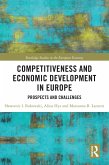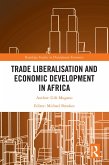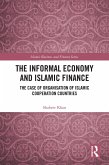The term 'Middle-Income Trap' refers to countries which stagnate economically after reaching a certain level of per capita income on the basis of labour- and capital-intensive growth, and are struggling to transition towards more skill-intensive and technology-driven development. It has resonance for the increasing number of countries in Asia who have either languished in middle-income status for extended periods of time, or are worried about growth slow-downs. This book sets outs the conceptual underpinnings of the Middle-Income Trap and explores the various ways it can be defined. It also focuses on the debate surrounding the Middle-Income Trap which questions the appropriate institutional and policy settings for middle-income countries to enable them to continue past the easy phase of economic growth. The book engages with this debate by investigating the role of institutions, human capital, and trade policy in helping countries increase their income levels and by highlighting factors which enable the shift to higher and qualitatively better growth. It questions how the large emerging economies in Asia such as China, Indonesia, and India are currently grappling with the challenges of transitioning from labour-intensive to technology- and knowledge-intensive production, and discusses what can be learnt from the countries that have been able to escape the trap to attain high-income status.Providing a conceptual framework for the Middle-Income Trap, this book will be of interest to students and scholars of Asian Economics, Comparative Economics and Asian Studies.
Dieser Download kann aus rechtlichen Gründen nur mit Rechnungsadresse in A, B, BG, CY, CZ, D, DK, EW, E, FIN, F, GR, HR, H, IRL, I, LT, L, LR, M, NL, PL, P, R, S, SLO, SK ausgeliefert werden.

